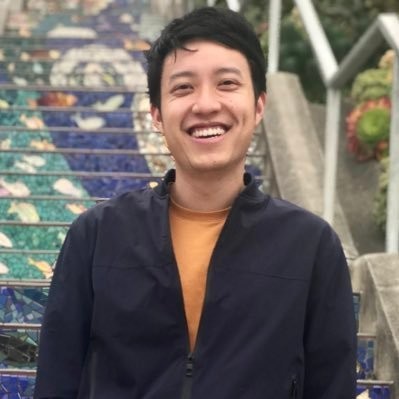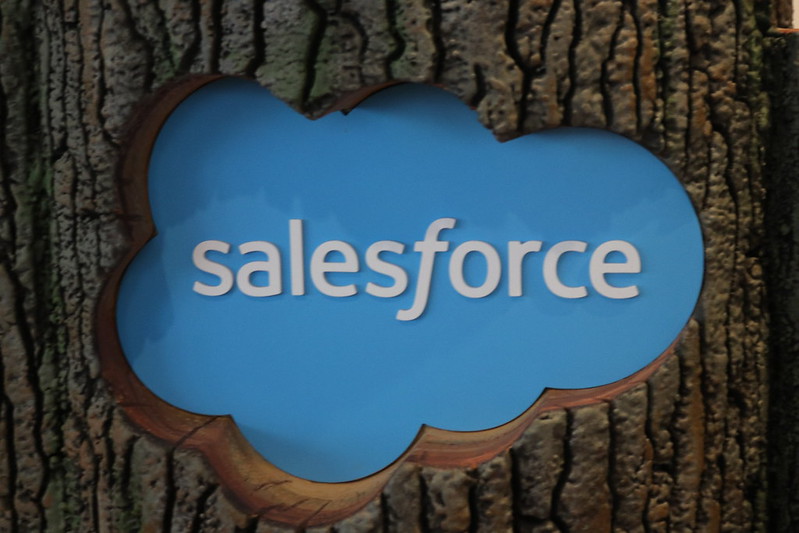Building a Generative AI Startup to $10M+ with a Virtual Team: Chris Lu, CEO of Copy.ai (Part 1)

Chris and Paul have built a front-end to Open AI and a significant business with over $10M in revenue. Now, they’re broadening their product capability to business workflows. We also discuss ideas and opportunities for new entrepreneurs.
Sramana Mitra: Let’s start at the very beginning of your journey. Where are you from? Where were you born and raised? What kind of background?
>>>Featured Videos
Catching Up On Readings: Summer Game Fest 2023
This feature from The Sports Rush covers the game announcements, reveals, and trailers from the Summer Game Fest held online last week. For this week’s posts, click on the paragraph links.
>>>Extending Product Roadmaps with Generative AI: Acrolinx CEO Volker Smid (Part 6)
Sramana Mitra: It seems like Microsoft, AWS, Google will create sophisticated AI-optimized cloud environments. These environments are going to be so advanced that you would be hard-pressed to argue against using one of those.
Volker Smid: The other aspect is if you have the system on-premise, it’s hard to be connected to external services. All the advantage of this connected infrastructure goes away if you deploy on-premise. There’s still sensitivity and concerns around security of cloud. There are European customers who don’t want to use a service that is hosted by companies that sit in the US because of information security.
>>>Video FAQs
Can 1M/1M Help Me Raise Money?
How Does 1M/1M Democratize Entrepreneurship Education?
How Does 1M/1M Democratize Management Consulting?
When Is The Right Time To Join 1M/1M?
Can 1M/1M Help Me With Business Development?
Can 1M/1M Help Me With Market Sizing?
Can 1M/1M Help Me Validate My Product?
Will I Have Private 1-on-1 Sessions In 1M/1M?
How Does 1M/1M Help Entrepreneurs Connect With Silicon Valley?
Mentoring or Consulting?
Why Does 1M/1M Charge $1000 a Year?
Why Does 1M/1M Partner With Local Organizations?
Why Don\’t Mentoring Networks Work?
Why Is It Important To Study With 1M/1M Now?
Dan Stewart Story
Vikrant Mathur Story
Salesforce Keeps AI Under Control

Salesforce (NYSE: CRM) recently announced its first quarter results that continued to surpass market expectations. Salesforce is seeing the impact of economic pressures as well. Its clients are looking carefully at deals, which is impacting its sales cycle. Despite that, Salesforce remains optimistic about its outlook.
>>>Extending Product Roadmaps with Generative AI: Acrolinx CEO Volker Smid (Part 5)
Sramana Mitra: From your product roadmap point of view, you operate in the post-content production scenario mostly, right? You’re looking at content and governing content. You’re not involved in the production piece.
Volker Smid: We are also involved in the content production piece because we provide the side bar for the authoring environment. When an author creates a piece of content, we have a side bar that is connected to the enterprise so that you can create content following the rules of the enterprise. We are connected to the production piece as well.
>>>Extending Product Roadmaps with Generative AI: Acrolinx CEO Volker Smid (Part 4)
Sramana Mitra: The objective is learning. What your technology is doing is, it’s streamlining that learning.
Volker Smid: By helping the author to align the content with the objective. The objective is learning. You need to use technical, simplified English. The content needs to be measured against clarity. Sometimes it’s as easy as saying you can’t use long sentences. The assistance of the authoring environment is one aspect.
>>>Extending Product Roadmaps with Generative AI: Acrolinx CEO Volker Smid (Part 3)
Sramana Mitra: What happened in 2015?
Volker Smid: I decided to go back to my roots.
Sramana Mitra: Start another company?
Volker Smid: No, I was joining a company with very little revenue. It was the second largest SEO platform in the world called Searchmetrics. I became the CEO of Searchmetrics to get the company from small revenue to being successful outside Germany. We had to get rid of litigations that we had in the US which were cumbersome and expensive. It was another learning experience.
>>>Best of Bootstrapping: Bootstrapped First Venture, Raised Money for the Next

If you haven’t already, please study our Bootstrapping Course and Investor Introductions page.
As a variation on our ‘Bootstrap First, Raise Money Later’ theme, we also see many entrepreneurs who have bootstrapped a first company (or business), and then gone onto venture-fund a second. Christian Chabot built Tableau Software in this mode. Sridhar Vembu built Zoho. We have numerous examples of this tried-and-true path. Something to consider for first-time entrepreneurs chasing venture capital and Unicorns. Since speaking with cVidya Founder Alon Aginsky in 2015, cVidya was acquired by Amdocs in 2016.
Sramana Mitra: Let’s start at the very beginning of your personal story. Where are you from? Where were you born, raised, and in what kind of background?
Alon Aginsky: I was born and raised in Israel. After completing my army duty, I found myself in New York as a young entrepreneur trying to make it. Luckily, I was able to pick an opportunity and start a company in the area of call accounting that later became billing for small operators. That company that I started was a one-man show in the Empire State Building. I managed, after seven years, to take it public on NASDAQ.
